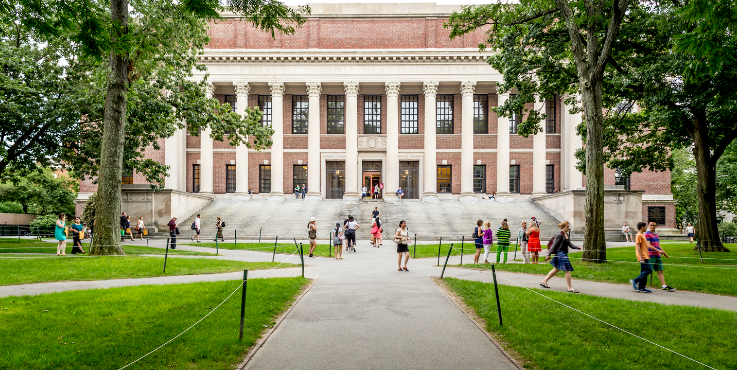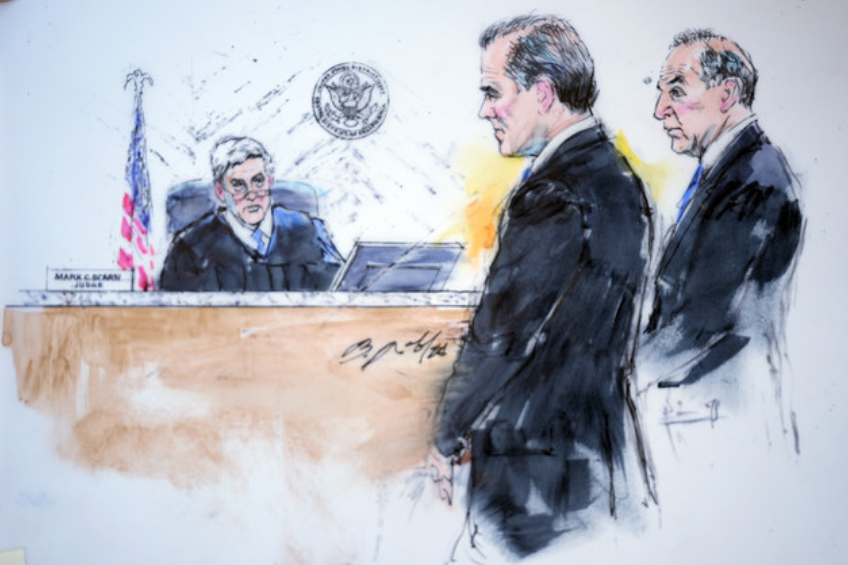Credit: New York Post
In a turn of events that could easily be a subplot in a quirky sitcom, parents and students of James Madison High School in Brooklyn found themselves in a bit of a pickle. Picture this: a sudden storm sends nearly 2,000 asylum seekers, who were living in tents at Floyd Bennett Field, seeking refuge in the high school’s gym and auditorium. Cue the surprise twist – students had to switch to remote learning for a day!
The decision, which sounds like something out of a ‘School of Rock’ sequel, left many parents and community members in Midwood scratching their heads. “Could this become a regular thing every time there’s severe weather?” they wondered, imagining a future where weather forecasts determine where classes are held.
Expressing outrage with the fervor of a sports fan whose team just lost the finals, some argued that the students’ classes should never have been moved online for the asylum seekers’ accommodation. “It’s inexcusable,” one person exclaimed, probably imagining their child’s future Nobel Prize acceptance speech being jeopardized by a day of online learning.
But the plot thickens! On the day of remote learning, some students logged in only to find that their teachers were MIA. “My son woke up for the first period, no teacher. Second period, still no teacher,” reported a mother named Tatyana, echoing a storyline that could be straight out of a teen drama series.
On Tuesday, city officials, playing the role of last-minute event planners, decided to bus the asylum seekers to the high school, citing concerns about the tents’ ability to withstand the storm. “We’re doing this out of an abundance of caution,” said Zach Iscol, NYC’s Office of Emergency Management Commissioner, possibly while looking at a weather app on his phone.
Then there’s the twist of the asylum seekers being bused back to Floyd Bennett Field at the curious hour of 4:15 a.m. on Wednesday. State Assemblyman Michael Novakhov, playing the role of the concerned neighbor, couldn’t help but question the logic. “They have kids – 4:15 in the morning?” he asked, probably while double-checking his alarm clock.
Community leaders, channeling their inner real estate agents, suggested that the city could use a list of empty buildings – not schools – for such emergencies in the future. “We’ve got plenty of empty buildings that aren’t schools,” they might have said, waving a list of potential locations.
Back at James Madison High, the aftermath involved a thorough cleaning, and sports practices were canceled for the day. It’s like the school had an unexpected sleepover guest and now had to clean up the living room.
In the end, the situation at James Madison High School brings a whole new meaning to ‘unexpected school closures.’ While the day’s events might have been frustrating for some, it also provided a real-life lesson in adaptability, community, and the unexpected twists that life can throw at us – much like an episode of a family-friendly TV show, just without the laugh track.











